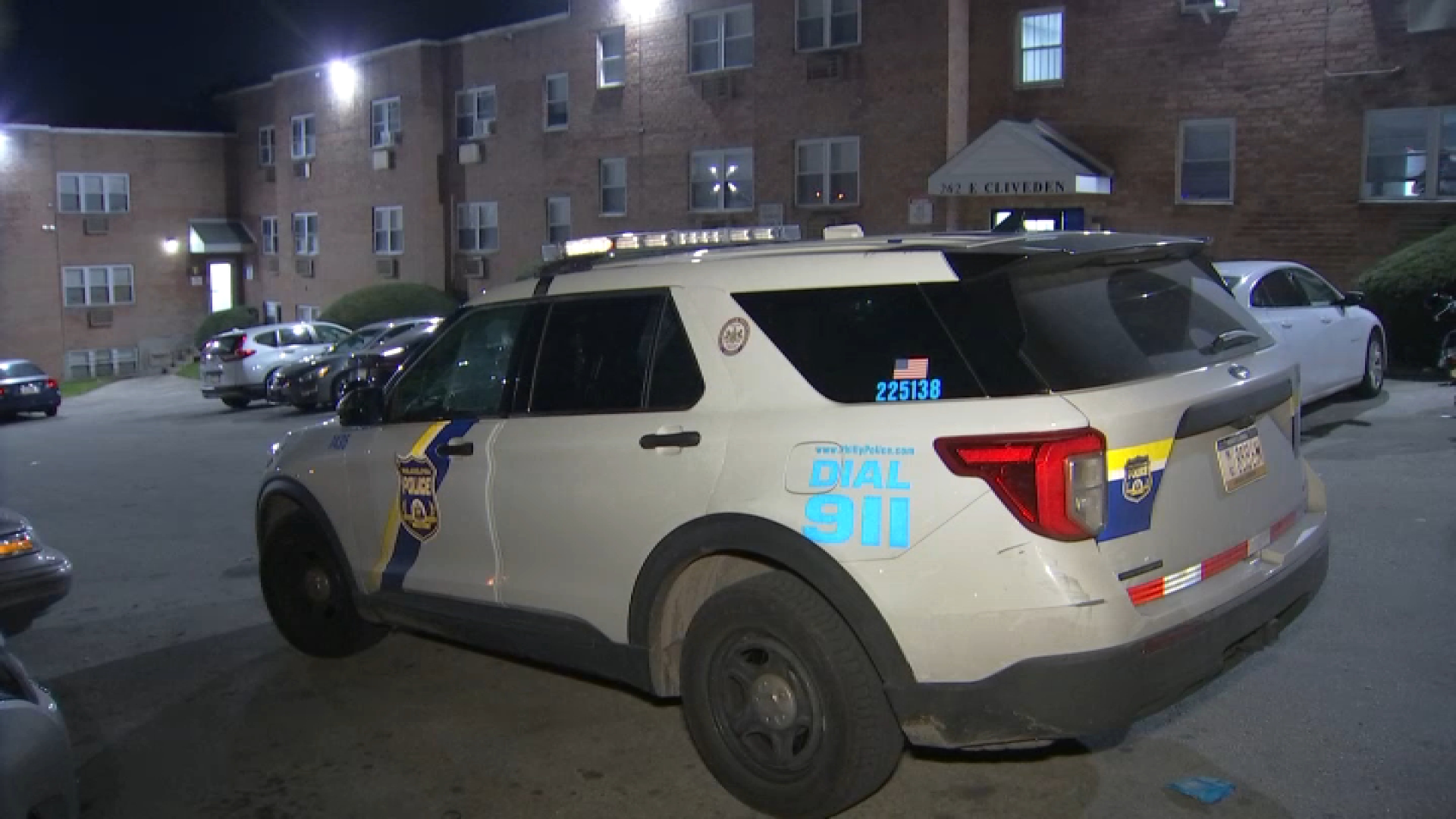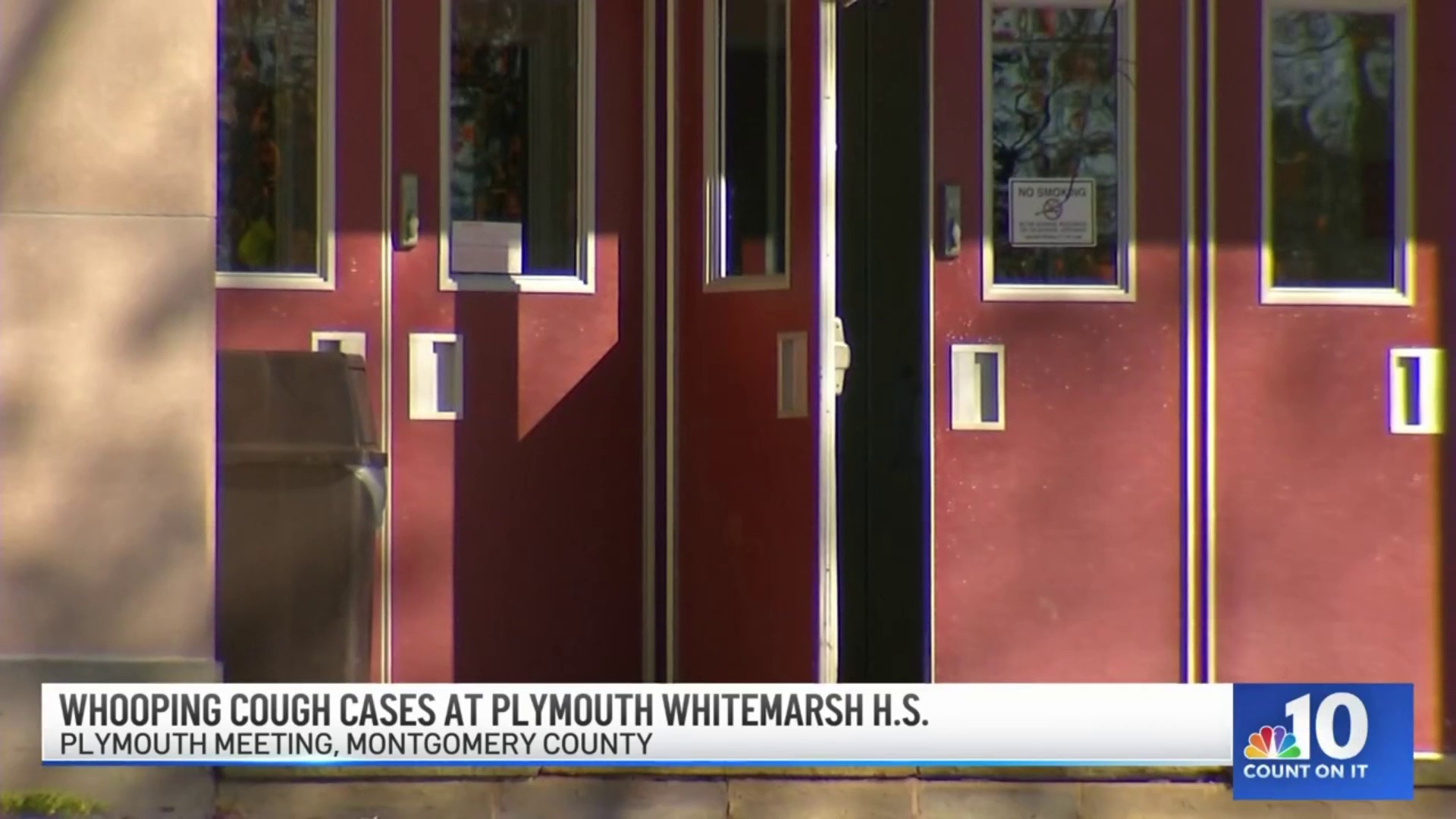Two dogs showed up inside the Delaware Senate Chamber on Tuesday to lobby lawmakers on an issue of life-or-death.
The unlikely guests, George and Gigi, were in attendance to hear their owners testify in support of a bill that would help animals like themselves: retired research dogs.
In many states, retired research dogs and cats are subject to automatic euthanization, but the Delaware Senate unanimously passed legislation on Tuesday that would put an end to this practice in the state.
If Gov. John Carney signs the bill into law, Delaware will be the eighth state to legally oblige that retired research dogs and cats be put up for adoption.
Research facilities would be required to receive public funding to give healthy dogs and cats a chance at adoption once their tests are complete.
Adoption of these animals would be facilitated through private placement or contracted arrangements with local shelters.
"I’m honestly amazed that this was even a debate," Sen. Jack Walsh, prime sponsor of the bill and owner of a rescue dog, said in a statement. "We have healthy animals that research labs don’t want. We have local shelters that are willing to care for them. We have families that might want to adopt them. It defies reason that anyone would choose to euthanize instead of giving them a second lease on life. If just one of these animals becomes a pet, all of the work that went into this bill will be worth it."
Local
Breaking news and the stories that matter to your neighborhood.
Beagles like George and Gigi are common in research facilities because of their docile disposition, according to the Rescue + Freedom Project, a non-profit organization that rescues former research animals.
"This policy addresses a real deficiency of law and we are so proud to be able to secure homes for animals that have endured so much suffering," Gail Thomssen, philanthropy director for the organization and George’s owner, said. "No longer will these dogs and cats be killed once research is over."



